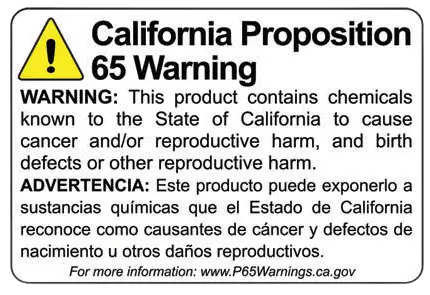 Heat shrink tubing is a versatile, protective solution used in a wide range of electrical, mechanical, and DIY applications. Made from thermoplastic materials such as polyolefin, heat shrink tubing is designed to shrink when heated, creating a snug, durable covering over wires, cables, and connectors. It is a simple but highly effective way to protect, insulate, and organize electrical components. In this article, we’ll break down what heat shrink tubing is, how it works, and why it’s an essential item in any toolkit.
Heat shrink tubing is a versatile, protective solution used in a wide range of electrical, mechanical, and DIY applications. Made from thermoplastic materials such as polyolefin, heat shrink tubing is designed to shrink when heated, creating a snug, durable covering over wires, cables, and connectors. It is a simple but highly effective way to protect, insulate, and organize electrical components. In this article, we’ll break down what heat shrink tubing is, how it works, and why it’s an essential item in any toolkit.
How Heat Shrink Tubing Works
Heat shrink tubing is applied by sliding it over a wire or connector and then heating it with a heat gun, lighter, or another heat source. As the tubing heats up, it shrinks tightly around the object it covers. This creates a seal that protects the enclosed component from moisture, dust, abrasion, and other environmental factors.
The shrinking process is based on the material’s memory. During manufacturing, the tubing is expanded and then cooled to hold its larger size. When reheated, it “remembers” its original shape and size, returning to its smaller form.
Key Benefits of Heat Shrink Tubing
1. Electrical Insulation
One of the main uses of heat shrink tubing is to insulate exposed wires or connectors. This reduces the risk of electrical shorts, shocks, and other safety hazards.
2. Protection from Environmental Damage
Heat shrink tubing creates a tight seal that protects wires from water, chemicals, oils, and physical wear. This makes it ideal for automotive, marine, and outdoor electrical systems.
3. Wire Organization
It helps organize tangled wires and cables, making installations neater and easier to manage. Color-coded tubing also allows for quick identification of different wires.
4. Strain Relief
The tubing adds mechanical support to wire connections, reducing the risk of damage due to pulling, bending, or vibration.
Common Uses
-
Automotive wiring harnesses
-
Home and commercial electrical work
-
DIY electronics projects
-
Computer and network cabling
-
Industrial machinery
Choosing the Right Heat Shrink Tubing
When selecting heat shrink tubing, consider the following:
-
Shrink Ratio: Common shrink ratios include 2:1 and 3:1. A higher ratio allows for better sealing over irregular shapes.
-
Diameter: Make sure the tubing fits over the object before shrinking, but also shrinks tightly enough to grip it firmly.
-
Material: Polyolefin is the most common, but there are specialized types for high temperatures, chemical resistance, or heavy-duty applications.
Final Thoughts
Heat shrink tubing is a small investment that can make a big difference in electrical safety, performance, and organization. Whether you’re a professional electrician, an auto mechanic, or a hobbyist, having a variety of heat shrink tubing sizes and types on hand is a smart move. It’s easy to use, widely available, and provides long-lasting protection for all your wiring needs.

